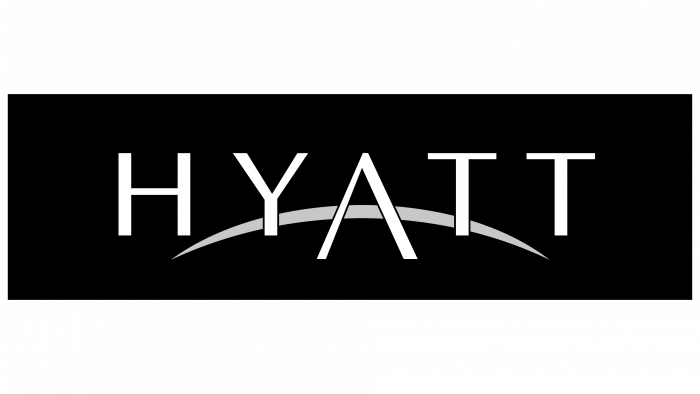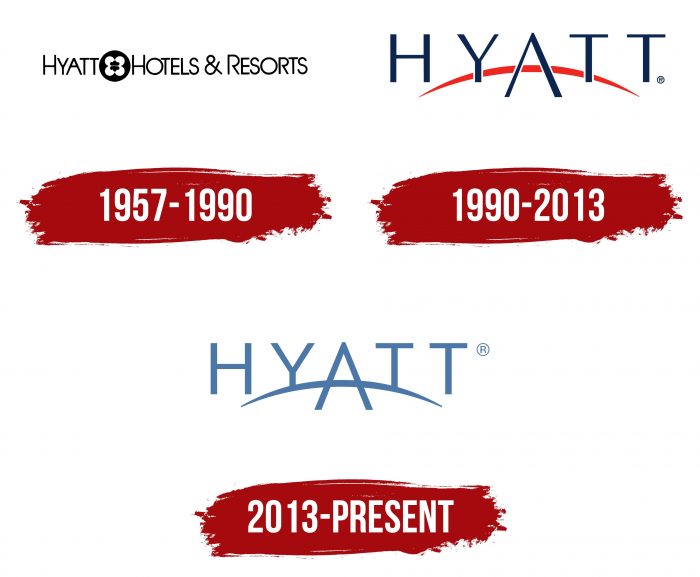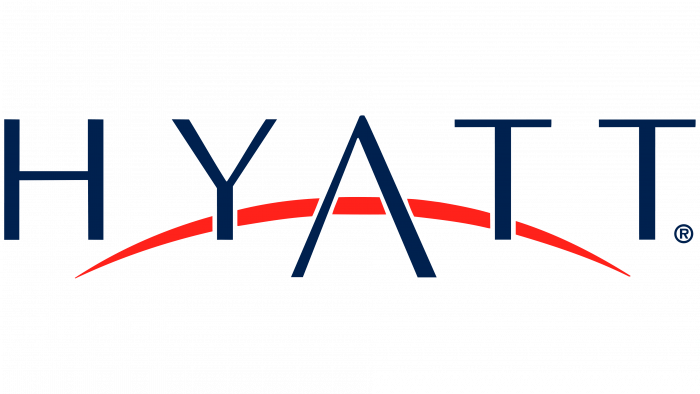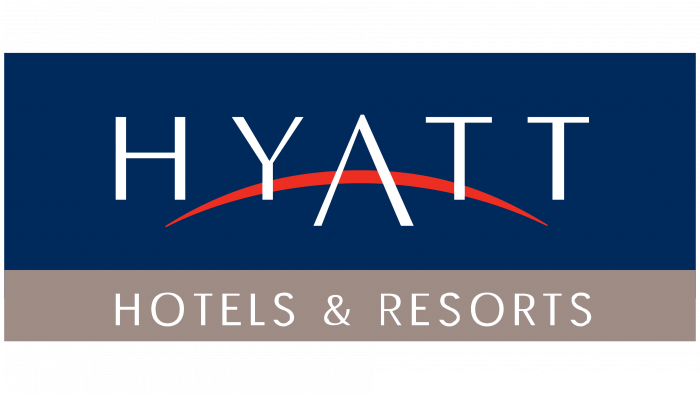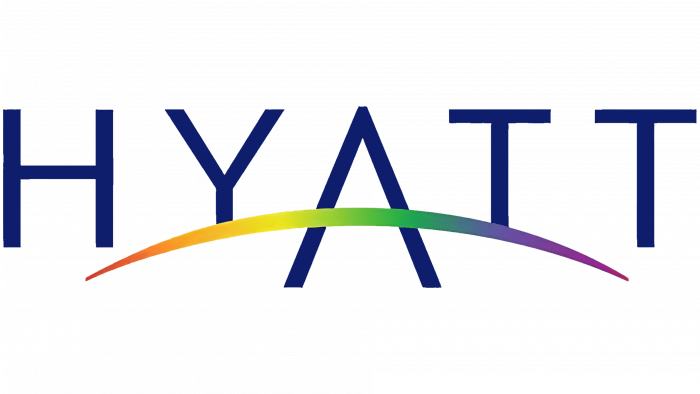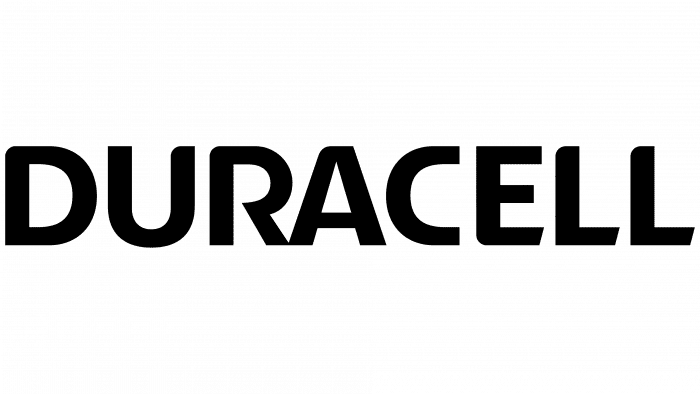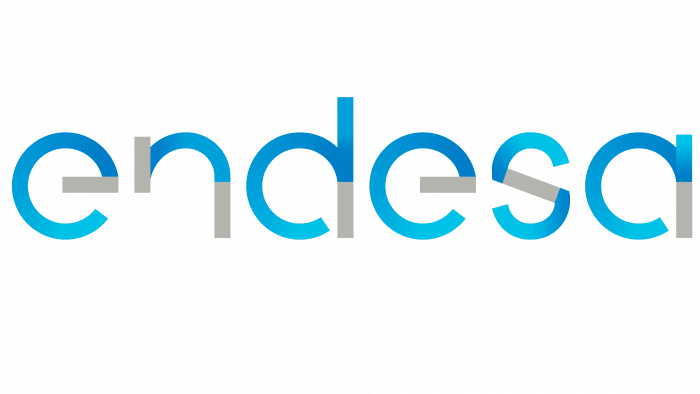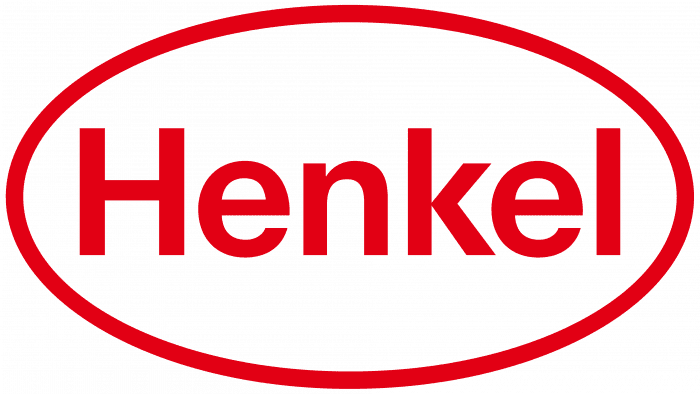From dusk to dawn, staying at the chain hotels will bring pleasure to the client, says the Hyatt logo. Every guest here is treated like a star. The emblem demonstrates a wide network of hotels and superiority over competitors.
Hyatt: Brand overview
| Founded: | September 27, 1957 |
| Founder: | Hyatt Robert von Dehn, Jack Dyer Crouch |
| Headquarters: | Chicago, Illinois, United States |
| Website: | hyatt.com |
Meaning and History
The very first Hyatt House was built in 1954 near the Los Angeles International Airport. The hotel was built by the founders of the company – Hyatt Robert von Dehn and Jack Dyer Crouch. Therefore, the network was subsequently named after one of them. But the official time of its appearance is considered 1957 when the business project was bought by the Pritzker brothers Jay and Donald. The deal cost them $ 2.2 million.
Realizing the growing demand for air travel, they actively built up their hotels around airports in different cities in America. This was a strategically correct decision. After Los Angeles, Hyatt motels have sprung up in San Francisco, Seattle-Tacoma, and several other major cities. This step made the corporate emblem universally recognizable.
Since 1969, the hotel chain has gone on to expand internationally. She began not only construction but also the purchase of new buildings and the takeover of competitors. Today, its asset includes many hotels, resorts, boutique hotels and hotels with a full range of services. Therefore, the logo is now known in more than 60 countries around the world. There are three emblems in Hyatt’s career.
What is Hyatt?
Hyatt is a hotel company known worldwide as Hyatt Hotels & Resorts. It owns a large network of properties designed for travelers, with over 1,300 hotels in dozens of countries worldwide. They are categorized depending on the guests’ budget, so there are both affordable and luxurious rooms available. Nonetheless, all guests receive quality service.
1957 – 1990
The corporation’s debut visual identity mark included the full name – Hyatt Hotels & Resorts. It was written in an elegant, elongated type. Thin letters were located very close, and sometimes there was no intersymbol space at all, and some elements almost merged.
The phrase was monochrome, grotesque, with a circular icon between Hyatt and Hotels. It was a white flower with four petals on a black background. Inside there was a semblance of a core with protruding semicircles. A thin line crossed it. Highlights of the lettering were an “R” with an unfinished middle line and an “H” with a low crossbar. The rest of the letters were close to the standard.
1990 – 2013
After a long period of application of the old emblem, the management approved the new one. It was a harmonious combination of graphics and text. That is, the letters were individual, hand-drawn, not printed. The updated version consisted of tall and sleek sans serif characters. The center of the logo was “A.” It was in the middle and was very large with a red curved line instead of the usual crossbar. To the right and left of it were the rest of the signs from the word “Hyatt.” Behind him was a red arc with pointed ends. It is a special element that symbolized the close relationship between customers and the corporation and between the past and the future.
2013 – today
The current emblem is almost a complete copy of the previous one. The difference between them is only in the color change: the early version was two-color (blue-red), the latter one was one-color (blue).
Hyatt: Interesting Facts
Hyatt Hotels Corporation, commonly known as Hyatt, is a worldwide leader in hospitality, renowned for its high standards and history of innovation.
- Beginnings: Jay Pritzker founded Hyatt in 1957 by buying the Hyatt House Motel near Los Angeles International Airport. What started with one motel has grown into a global presence, with Hyatt now boasting hundreds of properties on six continents, ranging from luxury hotels to all-inclusive resorts.
- Hospitality Innovations: Hyatt has introduced several industry firsts, such as air-conditioned lobbies and computerized reservations, which enhance guest comfort and convenience.
- Brand Variety: The Hyatt portfolio includes a variety of brands to suit different needs, from premium options like Park Hyatt and Andaz to more accessible brands like Hyatt Place and Hyatt House.
- Worldwide Operations: With hotels in over 65 countries, Hyatt’s global reach spans major cities, resorts, and emerging destinations, offering its distinct hospitality everywhere.
- Sustainability Goals: Hyatt is dedicated to environmental responsibility, working to cut waste, save water, and reduce energy use. The goal is to lower greenhouse gas emissions significantly by 2025.
- Loyalty Program: The World of Hyatt loyalty program is highly acclaimed. It offers members exclusive benefits and experiences and is recognized as one of the industry’s best.
- Wellness Emphasis: Hyatt emphasizes wellness, including wellness-focused amenities and menus, and has even acquired the wellness resort company Miraval.
- Diversity and Inclusion: The company is committed to creating a diverse, equitable, and inclusive environment for its employees and guests, earning it widespread recognition.
- Community Engagement: Through Hyatt Thrive, the company promotes environmental sustainability and community service, encouraging local involvement and eco-friendly practices across its hotels.
- Boutique Hotels: Launching the Andaz brand in 2007, Hyatt became a pioneer in the boutique hotel sector, offering locally inspired experiences that stand out from traditional hotels.
Hyatt’s evolution from a single motel to a premier global brand highlights its commitment to innovation, guest satisfaction, and sustainability, securing its place as a top choice for travelers worldwide.
Font and Colors
In the course of evolution, the logo lost unnecessary elements and became simplified. Now it looks as simple as possible – a monochrome sign consisting of one inscription and one arch. But at the initial stages, it was a multi-part inscription – a detailed name of a hotel chain with an icon in the shape of a flower with four petals.
The debut emblem used a custom typeface with the characteristic round “O,” open “R,” and non-standard “H” with a lowered horizontal line. The rest of the letters are a typical flat grotesque. After the redesign, a font reminiscent of Optima appeared.
Previously, the corporate palette consisted of black (letters, icon) and white (background). The logo changed dramatically and became much brighter: it featured dark blue (# 04214e) and red (# ef221b). They are now replaced with blue (# 4a78ab).
Hyatt color codes
| Steel Blue | Hex color: | #4a78ab |
|---|---|---|
| RGB: | 74 120 171 | |
| CMYK: | 57 30 0 33 | |
| Pantone: | PMS 7690 C |
